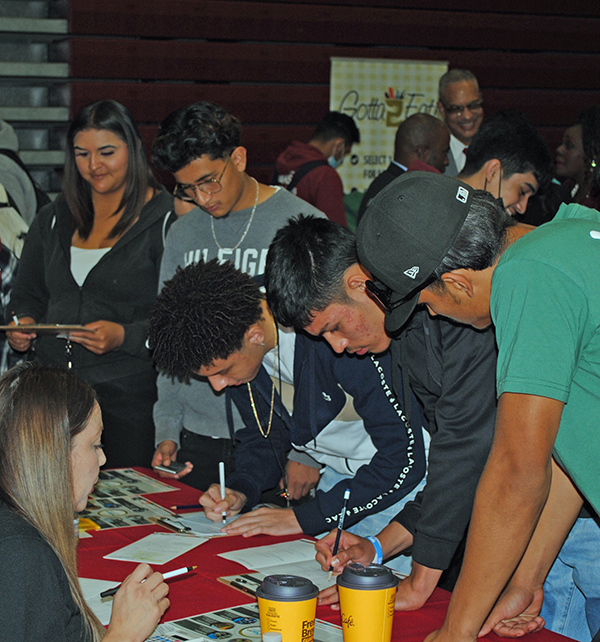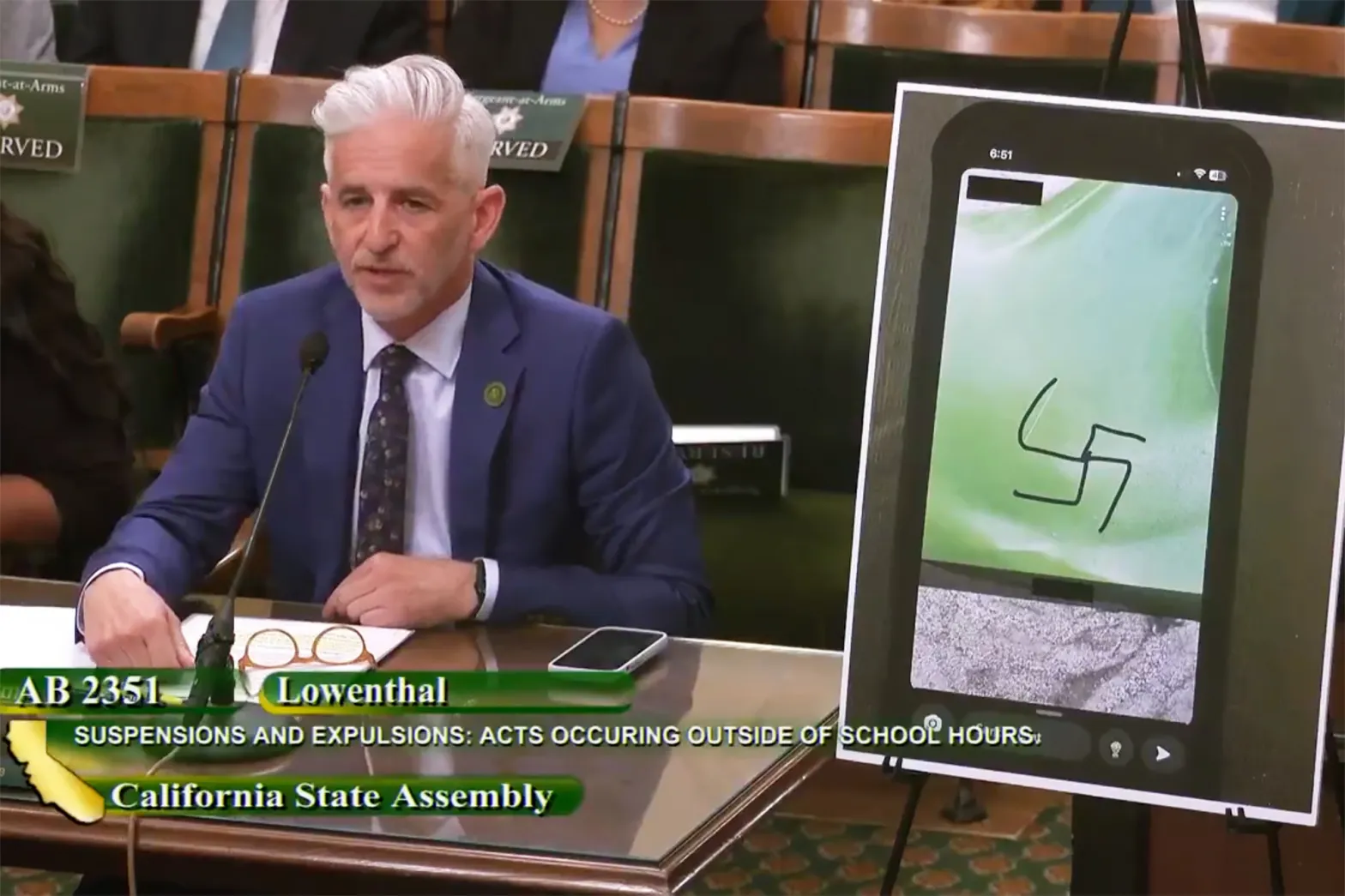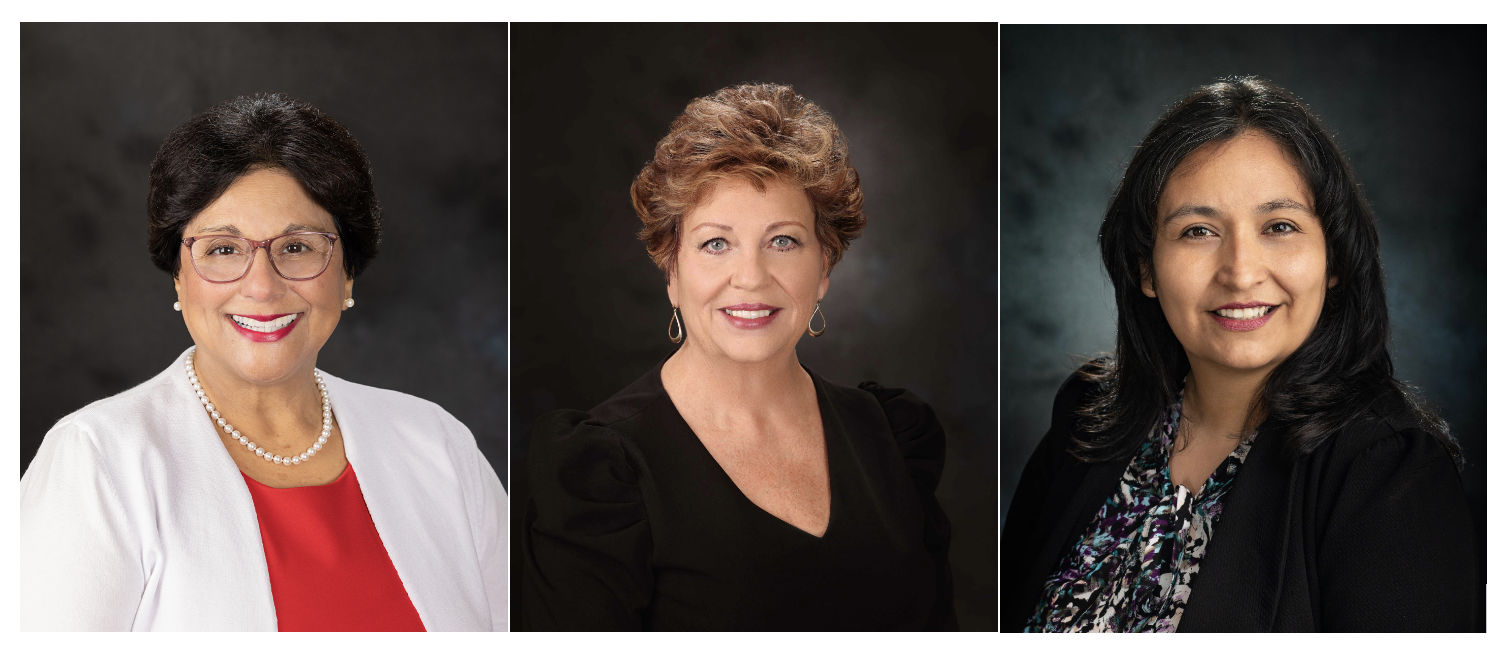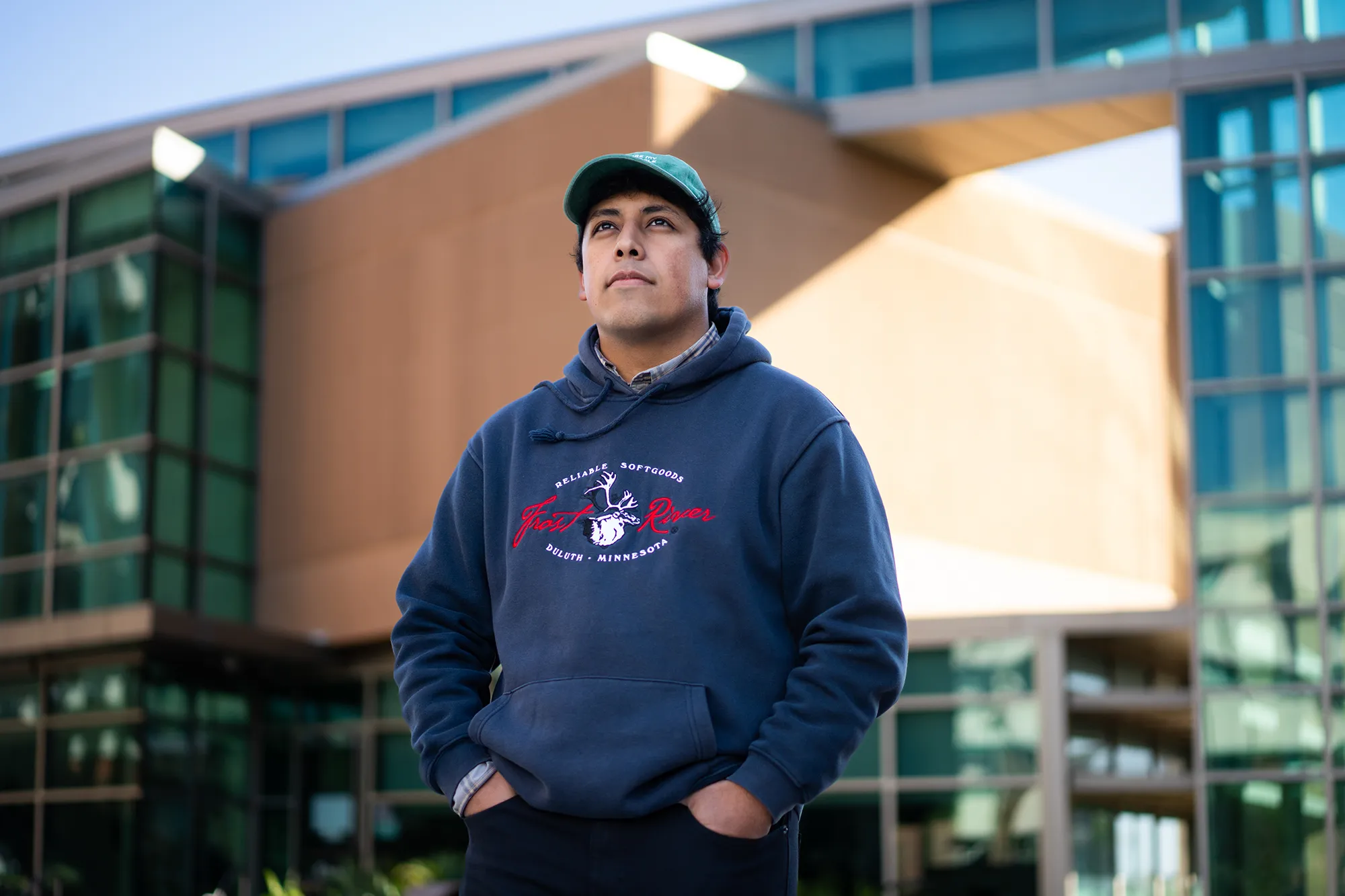By Alfredo Santana
Contributing Writer
LYNWOOD — Firebaugh High School students Angel Rodriguez and his financial partner Alexandro Soto learned the hard way during a mockup financial event that skipping housing expenses and burning cash on a motorcycle can derail life for someone fresh out of college.
Rodriguez and Soto, along 150 other students hoping to graduate next year and move on to college, had a peak at how financial literacy can help avoid costly pitfalls as adults at an event entitled Mad City Money.
Eager to avoid long lines at the housing table with the banner Really Realty & Utilities, both students headed for the Mad City Mall booth, where they squandered thousands of dollars on a two-wheeled vehicle, thinning their combined budget.
And on top of it, Rodriguez and Soto incurred an unforeseen $800 expense after they spun a big wheel at the Fickle Finger of Faith station, putting their total income of a little more than $4,000 a month in peril.
“We really messed up,” Soto said. “We decided to go to tables without people, and ended up buying stuff we didn’t need. If I would have done it in a different way, I would have purchased things like a car. In the end, we didn’t have the money for the car.”
The idea of the fictional financial fair, sponsored by Lynwood Unified School District in partnership with the Center for Financial Empowerment, was to expose high school students to scenarios where they hold jobs and meet real-life expenses like child care, housing, a new or used car, insurance, furniture and appliances, entertainment and even a lavish trip to the mall.
Ideally, students should be able to cover the most important expenses first, like food, housing and child care, and pay student loans with allocated sums of money disclosed as part of their current jobs, a scenario where their parents are absent.
But real life dynamics, compounded with high inflation and lack of financial education put the squeeze on the area’s low-income families.
“The purpose is to give students a financial wakeup,” said Abigail Ulm, director at the Center for Financial Empowerment. “Expose them to financial realities of life, what adults have to meet in real life.
“We give them a profile of occupation, a spouse and a child. They have to decide what expenses have to be met at different stations.”
Once the students embarked on their financial journey, they faced volunteers and SCE Financial Services employees acting as sales crews and operators hungry for their dollars, and real estate agent impersonators willing to offer pricy housing for sale and rent to rookie adults who should meet monthly expenses and carry a balance forward.
Students were given jobs as restaurant assistant managers, dental assistants, economists, truck drivers, welders, computer technicians and others, made purchases with credit cards and checks, and pencil payments on a sheet provided along with a clipboard and a profile sheet.
A crucial expense most failed to recognize at the outset was food, followed by child care, Ulm said.
The reason, Ulm said, was simple: When they live at home with their parents, students do not worry about grocery bills or the need to buy baby formula and pay someone to feed and clean a toddler while they have to work.
State Superintendent of Public Instruction Tony Thurmond was on hand for the event and noted that personal finances should be part of academics in all school districts, and momentum is building in the California Legislature to pass a series of bills to provide $3 billion in support of such programs, plus teacher training.
Thurmond indicated the money would be allocated through block grants to school districts that show interest in deploying financial education programs for high school students, with emphasis being placed on campuses serving blue-collar families struggling to make rent.
Some of that money would fund other programs such as arts, music and even vocational training.
“There are advocates that are reaching out to us,” Thurmond said. “There are attempts in the legislature to do this. The trend from others states [show us] that in California it needs to grow.
“Nonprofits would teach teachers financial growth. We need to empower students with these programs on decisions that they’ll have to make in the future.”
On Sept. 28, Thurmond announced that an additional $1.4 billion donated by nonprofit Next Gen Personal Finance will be used in partnership with the California Department of Education to train teachers to offer finance classes.
Lynwood Unified School District Superintendent Gudiel Crosthwaite said Mad City Money introduced students to adult financial situation and aims to educate them on the virtues of wise spending and investments.
“Financial literacy serves to understand how money can be used to create money,” Crosthwaite said. “Also, if they make good use of money, they can make a decision that will cost them less money. They need to know and be aware how salespeople and scams do things. They should learn it at school.
For Leslie Ochoa and Jasmin Flores, their first stop at the Kid Care station resulted in an expense of more than $500 for child care needs. Ochoa landed a fictional job as assistant job manager making $1,935 a month and Flores became a dental assistant earning $2,880 for a gross income of $4,815.
However, they entered the financial scene with arrears of $782 for student loans, and ended with a total budget of $4,033.
Being aware that real inflation measured at 8% a year has suffocated working-class families, Flores and Ochoa concluded after visiting the 10 mockup tables that life away from their parents is rough.
Furthermore, they said they would likely attend two-year community colleges to save on tuition, and transfer to either a regional Cal State, or University of California campus to avoid paying higher tuition fees at private universities.
“I will do it to save money in different ways, but I’ll stay here mainly to save money,” said Flores, who plans to get a real-life college degree in nursing plus a vocational diploma as welder.












